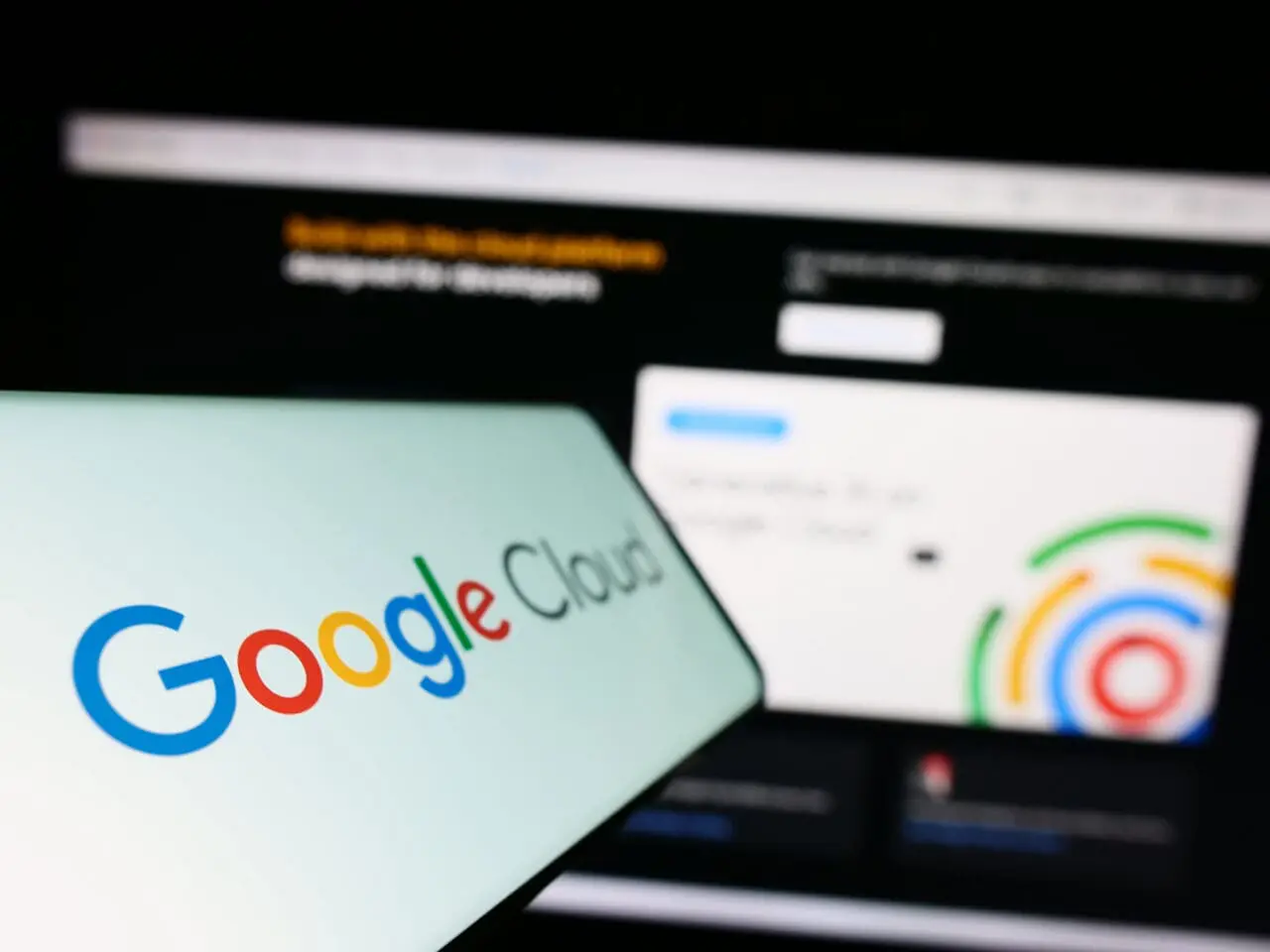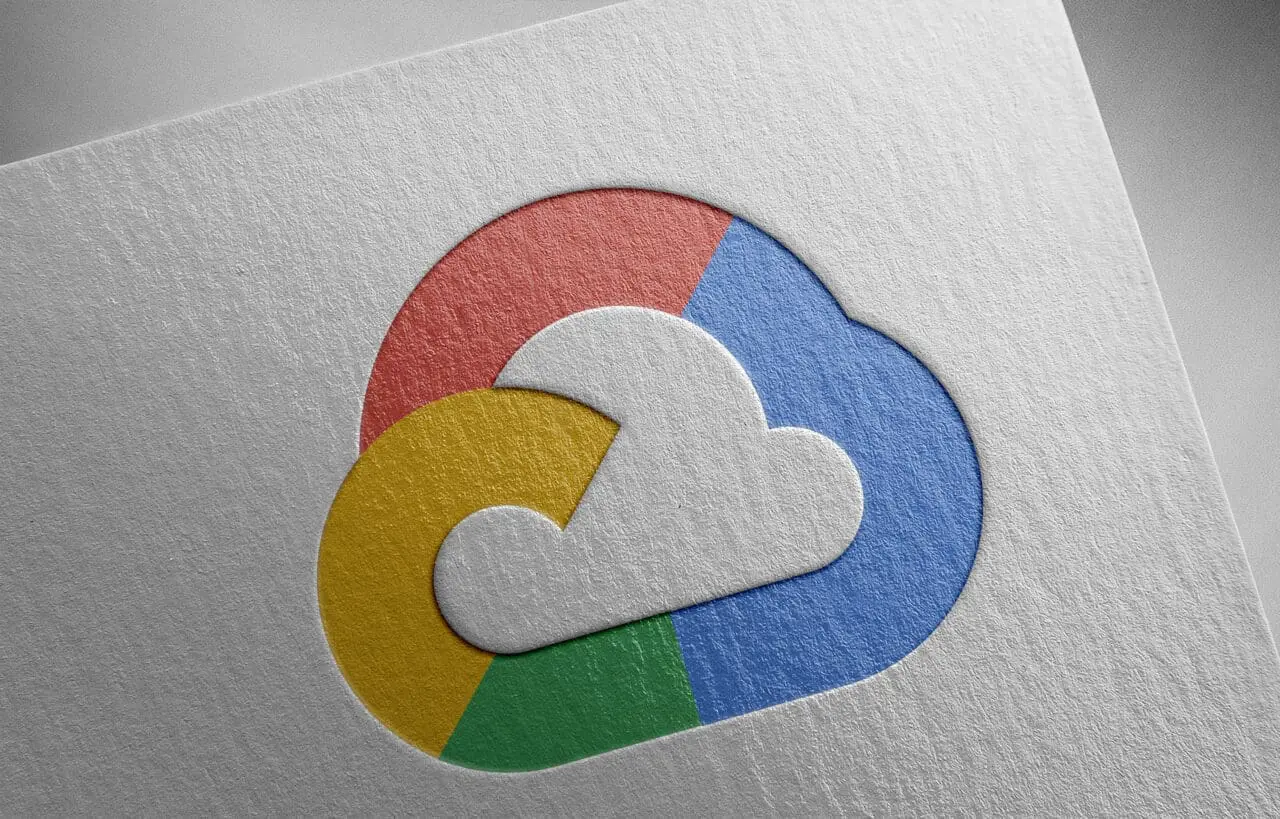

In a recent blog post, Google announced that it will provide limited indemnity and assume responsibility for any potential legal risks customers may face when using its generative AI products, known as Duet AI. This move comes in response to the increasing concerns around copyright infringement in the field of artificial intelligence.
Google’s move to offer protection for AI copyright challenges is a significant step towards creating a more supportive environment for innovation in the field. By addressing the potential legal risks associated with using generative AI, Google is providing reassurance and encouraging businesses and individuals to explore the full potential of this technology.
The rise of generative AI has brought about numerous advancements in various industries, from creating music and art to generating text and images. However, as with any new technology, there are also potential legal risks that come with its use.
One of the main concerns surrounding generative AI is the possibility of copyright infringement. Since this technology can create new content based on existing material, it raises questions about who holds the rights to the final product. Without proper precautions, businesses and individuals using generative AI may find themselves facing legal challenges.
With its limited indemnity offer, Google is essentially taking on some of the potential legal risks that come with using their generative AI product, Duet AI. This means that if a customer is challenged on copyright grounds, Google will assume responsibility and may provide legal support.
It’s important to note that this indemnity is limited and does not cover all potential legal risks. Customers must still take necessary precautions and ensure they have the proper rights and permissions for the material used in their generative AI creations.
While Google’s offer of legal protection for AI use is a step in the right direction, it also comes with its limitations. One such limitation is that the indemnity only applies to Duet AI and not all generative AI products.
Additionally, this protection may only cover copyright challenges and not other potential legal issues that may arise from using generative AI. Businesses and individuals must still be aware of these limitations and take necessary steps to mitigate any risks.
As more businesses and individuals start using generative AI, it’s essential to navigate copyright challenges carefully. This includes understanding the source material used in generative AI creations and ensuring proper rights and permissions are obtained.
With Google’s indemnity offer, customers can now have some peace of mind when it comes to copyright issues. However, they must still be diligent in obtaining the necessary rights and permissions for any material used in their generative AI projects.
Google’s blog post announcement not only provides reassurance and legal protection for current users of Duet AI, but it also sets a precedent for the future of generative AI. As this technology continues to evolve and become more widespread, other companies may follow suit in offering similar protections.
This move by Google also highlights the importance of addressing copyright concerns in the AI industry. By taking responsibility and providing legal support, Google is encouraging responsible use of generative AI while also paving the way for further innovation in this field.
Legal protection plays a crucial role in promoting innovation and development in any industry, and the field of artificial intelligence is no exception. By offering limited indemnity for Duet AI, Google is providing a safety net for businesses and individuals to explore the full potential of generative AI without the fear of legal repercussions.
This protection also encourages responsible use of generative AI and promotes ethical practices in the industry. As more companies offer similar protections, it will help create a supportive environment for innovation and development with generative AI.
Google’s offer of limited indemnity for Duet AI is not only beneficial for current users, but it also sets an example for responsible use of copyrighted material in the future. By taking responsibility and providing legal support, Google is encouraging businesses and individuals to properly obtain rights and permissions for material used in generative AI creations.
This is a significant step forward as it promotes ethical practices and respects the intellectual property of content creators. It also helps mitigate potential legal challenges and fosters a more collaborative relationship between companies using generative AI and those holding copyright.
Google’s announcement regarding legal protection for AI use has sparked important conversations about the future of this technology. It highlights the need for companies to be transparent and responsible in their use of generative AI, especially when it comes to copyright concerns.
It also brings attention to the potential risks involved with using AI and the importance of addressing these issues as the technology continues to advance. This announcement serves as a reminder for businesses and individuals to always consider the legal implications of their actions, even when using innovative technologies like generative AI.

This website uses cookies to improve your experience. Choose what you're happy with.
Required for the site to function and can't be switched off.
Help us improve the website. Turn on if you agree.
Used for ads and personalisation. Turn on if you agree.
This website uses cookies to improve your experience. Choose what you're happy with.
Required for the site to function and can't be switched off.
Help us improve the website. Turn on if you agree.
Used for ads and personalisation. Turn on if you agree.